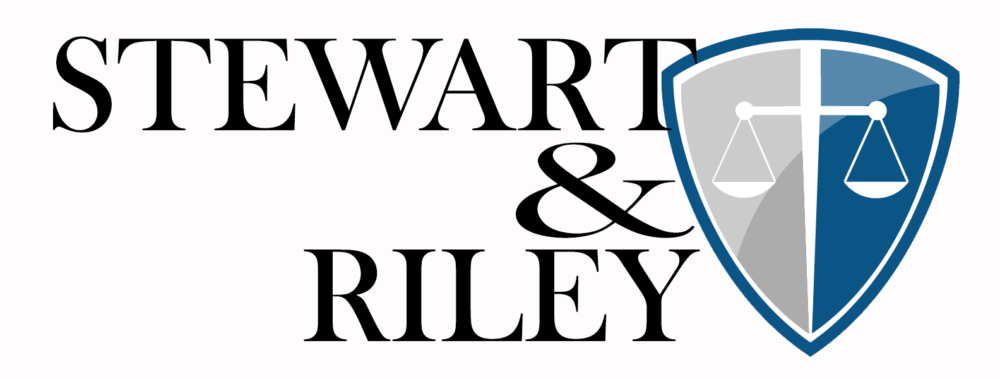There is a much smaller segment of Family Law, and one often overlooked until it’s desperately needed by the people involved; and then it might be too late to educate yourself. You just have to find an attorney and hope he or she (or their firm) is the right one for the job. But a little knowledge, in this case, can be a good thing, not a dangerous thing. This quick outline is not meant to give more than a little bit of knowledge, but it will be followed later by more detailed information.
Guardianships, sometimes called adjudication, are intended to remove the freedom of choice from an individual who is not able to safely decide for himself or herself, and give it to someone (the “guardian”) who is deemed to be able to decide for them. A guardianship is not a power of attorney, which simply gives another person the right to make legal decisions for someone who is unable to make certain legal decisions for a specific period of time. A guardianship removes all decision-making ability from someone, usually permanently, and only after it has been determined that person cannot care for themselves. Guardianships are generally given in courts because of a person’s mental instability or physical disability; or if a child has no parents, but an adult wishes to be legally responsible for him or her.
Dependency is the unfortunate situation that arises when a child must be removed from the parents and placed in the care of the state. The reasons for this are varied and never good; and the outcomes are rarely happy for anyone involved, including the courts. Legal action becomes an issue when for whatever reason the child must be removed from both parents and there are no close relatives with whom the child can immediately be placed. More issues can develop when relatives and parents begin haranguing the court and Child Protective Services (DFS, DCFS, etc.) demanding action. Dependency is a delicate, complex process, akin to juggling ferrets while riding a unicycle downhill through flaming razor blades, and needs a deft touch to negotiate.
Special needs and all that it entails (IEPs, accommodations) may not be immediately thought of as Family Law, but it should be. Schools use parents’ ignorance of the law to ignore, deny, or disregard IDEA and 504 regulations, when they should not; and disability lawyers are often swamped with post-accident claims, veteran’s claims, and all the other slings and arrows man is heir to. Special needs and special education law is a unique niche that rests between family law and education law, and should be tucked away in any parent’s mind before a child begins having trouble in school.
Hopefully, no family will ever have troubles that require thinking of these family law nooks and crannies. But by having them in mind ahead of time, the wise family will not be caught off guard if an issue arises requiring a specialized law firm with specialized knowledge to navigate these mysterious waters.

